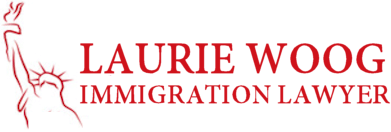How does someone prove he or she has “extraordinary ability” in a particular field?
The United States Citizenship and Immigration Service (USCIS) has set out several basic criteria an applicant must fulfill in order to be eligible.
The most often-cited criterion for extraordinary ability qualification is receipt of a major international award. For example, if you have received Nobel Prize, you will qualify for an EB-1 classification! But if you have not… don’t panic. An applicant can supply alternative evidence of EB-1(A) classification. If you look at the list below and can satisfy at least 3 of the criteria, you may qualify for EB-1, although the evidence itself must be persuasive and strong. Also, if these criteria do not apply to you, you may submit “other comparable evidence” of your ability.
- Receipt of lesser nationally or internationally recognized prizes or awards for excellence.
- Membership in associations in the field which demand outstanding achievement of their members;
- Published material about the alien in professional or major trade publications or other major media;
- Evidence that the alien has judged the work of others, either individually or on a panel;
- Evidence of the alien’s original scientific, scholarly, artistic, athletic, or business-related contributions of major significance to the field;
- Evidence of the alien’s authorship of scholarly articles in professional or major trade publications or other major media;
- Evidence that the alien’s work has been displayed at artistic exhibitions or showcases;
- Performance of a leading or critical role in distinguished organizations;
- Evidence that the alien commands a high salary or other significantly high remuneration in relation to others in the field;
- Evidence of commercial successes in the performing arts.
